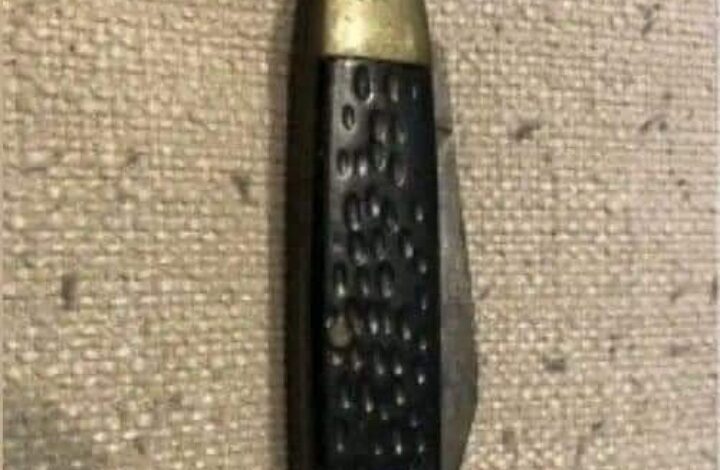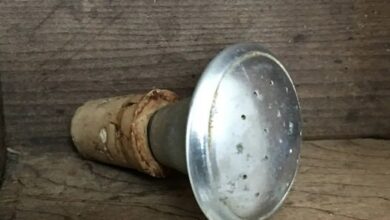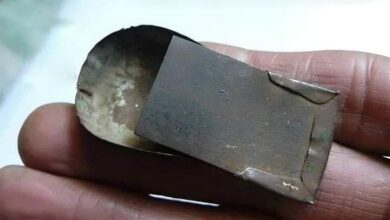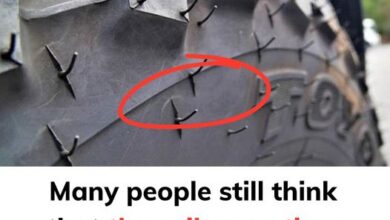The Boot Jack: A Nostalgic Tool with Practical Charm

The Boot Jack: A Nostalgic Tool with Practical Charm
In a world where modern conveniences solve most of our problems, there’s a simple, historical artifact that continues to hold its ground—the boot jack. This often-overlooked tool is steeped in history and serves a very practical purpose. For those unfamiliar, a boot jack is a device designed to aid in the removal of tight-fitting boots. Its simple yet effective design belies the rich heritage it carries, tracing back to times when footwear was as much about function as fashion.
Origins and Evolution
The boot jack first appeared in the 18th century, crafted by those who wore boots daily and often found themselves struggling to remove them after a long day. Originally made from wood, the design was straightforward: a V-shaped mouth to cradle the heel, attached to a flat base to provide leverage. Over the years, the design has seen minimal changes, proving that good design endures the test of time.
How It Works
The principle behind the boot jack is leverage. By slipping the heel of one boot into the V-shaped notch, you can use the sole of your other foot to press down on the base. This action frees your foot from the boot without straining your back or damaging the heel by tugging. It’s a testament to human ingenuity in designing tools that simplify everyday tasks.
Cultural Significance
Boot jacks were commonplace in rural homes where work boots were a wardrobe staple. They are particularly associated with cowboy culture, which valued both the aesthetic and functional aspects of boots and the tools used with them. In many homes, a boot jack by the door was as common as a coat rack or umbrella stand.
Modern Relevance
Today, boot jacks can still be found in homes that value rustic tools or where boots remain part of daily attire. They’re also seen as collectibles, with antique versions becoming sought-after items for their craftsmanship and nostalgic value. Modern versions are made from various materials including plastic and metal, but wooden boot jacks with decorative carvings are still popular for their charm and practicality.
Conclusion
The humble boot jack may not be a household name today, but it continues to serve those who know its worth. Its continued relevance is a nod to a simpler time and a reminder that sometimes the simplest tools are the most effective. Whether you’re a cowboy, a gardener, or someone who appreciates historical tools, the boot jack stands ready to assist, proving that old solutions can be just as effective in the modern world.
This article brings the historical and practical significance of the boot jack to life, emphasizing its continued relevance and appeal in today’s technology-driven world. Whether for practical use or as a collectible, the boot jack remains a symbol of ingenuity and simplicity.




